Ep. 191 | The History of Chinese Philosophy (Part 8)
This is an all Neo-Confucian episode. In the last episode, Laszlo introduced three of the five founders of Neo-Confucianism: Zhou Dunyi, Shao Yong, and Zhang Zai. This time we finish off with the remaining two founders: the Cheng Brothers, Cheng Hao, and Cheng Yi. And taking this rich harvest to the next level is Zhu Xi.
The basic tenets of Neo-Confucianism are also introduced, with a focus on lǐ (principle) and xīn (mind) and how these two concepts caused a great divide in the two main schools of Neo-Confucianism. Qì (life-force) is also examined, and how that fits into the big picture.
The episode closes with an introduction to the extraordinary life of someone getting a lot of press these days in China, Wang Yangming, and his contributions to Neo-Confucianism.
Listen On Your Favorite Podcast Player
Terms in Episode
| Pinyin/Term | Chinese | English/Meaning |
|---|---|---|
| Chūnqiū | 春秋 | The Spring and Autumn Annals |
| Chǔ | 楚国 | Located around Hubei, one of the Warring States |
| Duke Xiào of Qín | 秦孝公 | Lived 381-338 BCE. Employed Shang Yang to institute all kinds of reforms that bore fruit a century later |
| Dàojiā | 道家 | Daoism, the philosophy |
| Dǒng Zhòngshū | 董仲舒 | Great official from the Western Han 179-104 BCE. |
| Emperor Huán | 汉桓帝 | Eastern Han emperor who reigned 146 to 168 CE |
| Fēng Shǔi | 风水 | A system that harmonizes everyone with the surrounding environment |
| Guǎn Zhòng | 管仲 | 720-645 BCE Great reformer and statesman of the Qi State. Advisor to the ruler Duke Huan. Confucius thought highly of him |
| Hàn Gāozǔ | 汉高祖 | The founding emperor of the Han Dynasty, formerly known as Liu Bang |
| Hàn Wǔdì | 汉武帝 | One of China's greatest emperors. Lived from 156 to 87 BCE |
| Hán Fēi | 韩非 | Also known as Han Feizi. He lived 280-233 BCE |
| Hán State | 韩国 | One of the seven Warring States of the Eastern Zhou |
| Hénán | 河南 | Ancient province in China |
| Jìxià Academy | 稷下学宫 | Established in the State of Qi. A lot of great philosophers got their start there |
| King Nǎn | 周赧王 | The Last Zhou Dynasty king, deposed in 256 BCE |
| Liù Yì | 六艺 | The Six Arts...Rites, Music, Archery, Charioteering, Calligraphy and Math |
| Liú Bāng | 刘邦 | One of Fortune's Favorites, the founder of the Han Dynasty |
| Liú Xīn | 刘歆 | 46 BCE to 23 CE Curator of the Imperial Library |
| Lùnhéng | 论衡 | Balanced Discussions |
| Lǐ Jì | 礼记 | The Book of Rites |
| Lǐ Sī | 李斯 | Chancellor to the first emperor and a contributor to Legalist thought |
| Lǔ Bùwéi | 吕不韦 | Early supporter of Ying Zheng (a.k.a. Qin Shihuang) |
| Mèngzǐ | 孟子 | Confucian great (and his book). He lived 372-289 BCE |
| Nányuè | 南越 | Kingdom down in the southernmost region of China |
| Qìgōng | 气功 | An ancient Chinese health care system that integrates body postures, breathing techniques and focused intention. |
| Qí | 齐国 | Zhou Era state located in Shandong |
| Qín | 秦朝 | The first dynasty of imperial China 221 to 206 BCE |
| Rú School | 儒家 | Confucianism |
| Shèn Dào | 慎到 | Philosopher who lived 350-275 BCE. Had a big impact on later Legalism |
| Shāng Yāng | 商鞅 | Left a huge mark on the development and triumph of Legalist thought. Lived 390 to 338 BCE |
| Shāngzǐ/ Shāng Jūn Shū | 商子/商君书 | The work written by Shang Yang |
| Shānxī | 山西 | Ancient province in China |
| Shēn Bùhài | 申不害 | Lived 400-337 BCE. Along with Shen Dao, he was a major influence on Han Fei |
| Shī Jīng | 诗经 | The Book of Odea |
| Shǐ Jì | 史记 | The Record of the Grand Historian |
| Sīmǎ Tán | 司马谈 | Father of Sima Qian. He began the Records of the Grand Historian and his son finished it up. |
| Tiān Mìng | 天命 | The Mandate of Heaven |
| Wáng Chōng | 王充 | Philosopher who lived 27-100 CE |
| Wèi | 魏国 | One of the northern Warring States |
| Wǔ Xíng | 五行 | The Five Elements: Fire, Earth, Metal, Water, Wood |
| Xiányáng | 咸阳 | Near present day Xian, the capital of the Qin State and the Dynasty |
| Xúnzǐ | 荀子 | Master Xun, who lived 313-238 BCE |
| Yuè Nán | 越南 | Vietnam |
| Yáng Xióng | 杨雄 | Philosopher who lived from 53 BCE to 18 CE |
| Yìjīng | 易经 | The I Ching or Book of Changes |
| Yíng Zhèng | 嬴政 | Founder of the Qin Dynasty |
| Yīn and Yáng | 阴阳 | The two opposing forces that cause changes in everything and everyone |
| Zhuāngzǐ | 庄子 | The man and the book. He lived from 369-286 BCE |
| Zhào Kuāngyìn | 赵匡胤 | The founding emperor of the Song Dynasty, also known as Song Taizu |







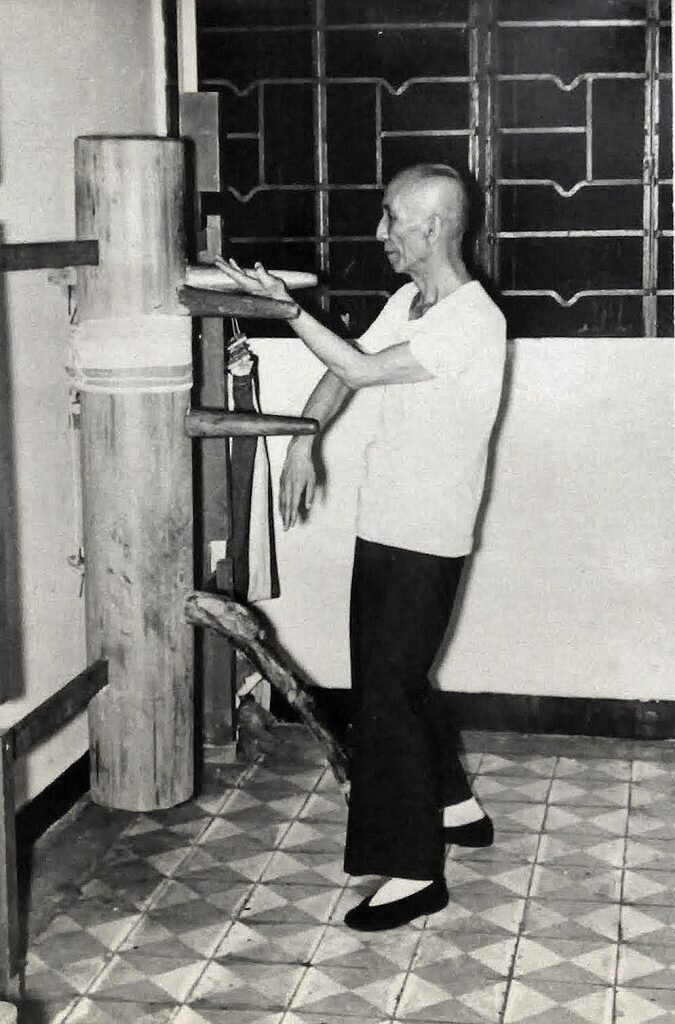
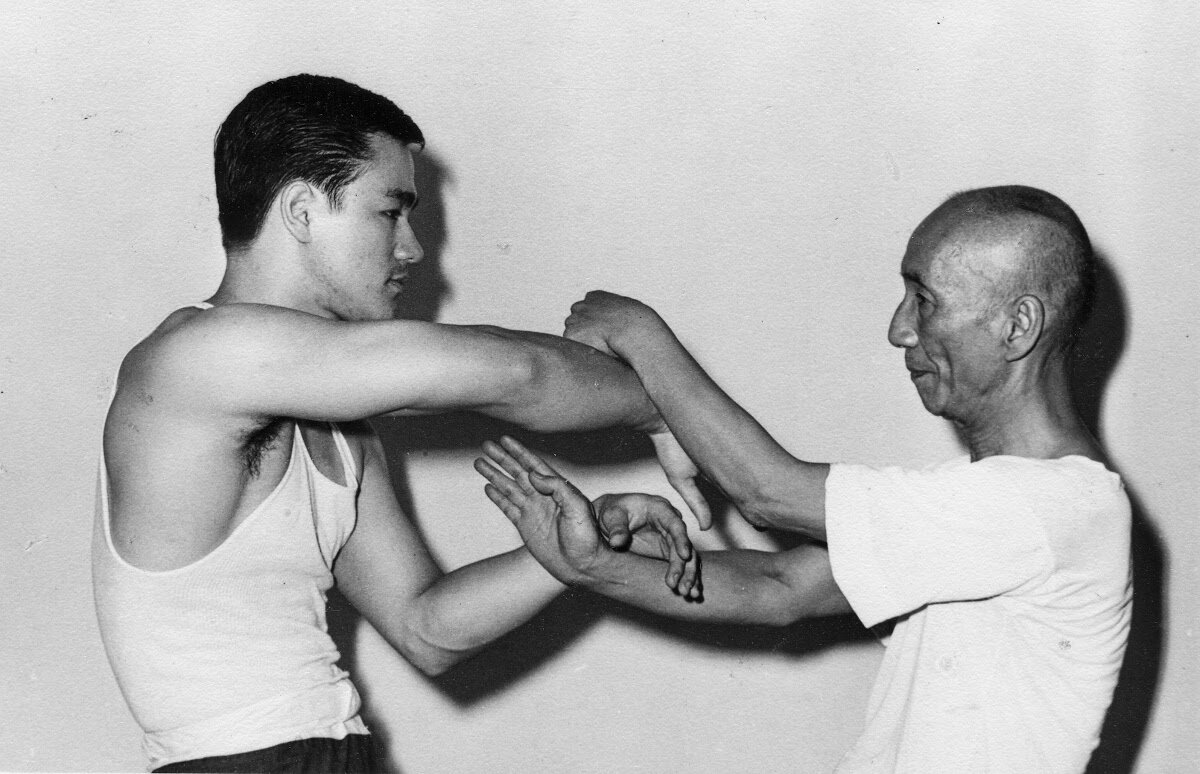
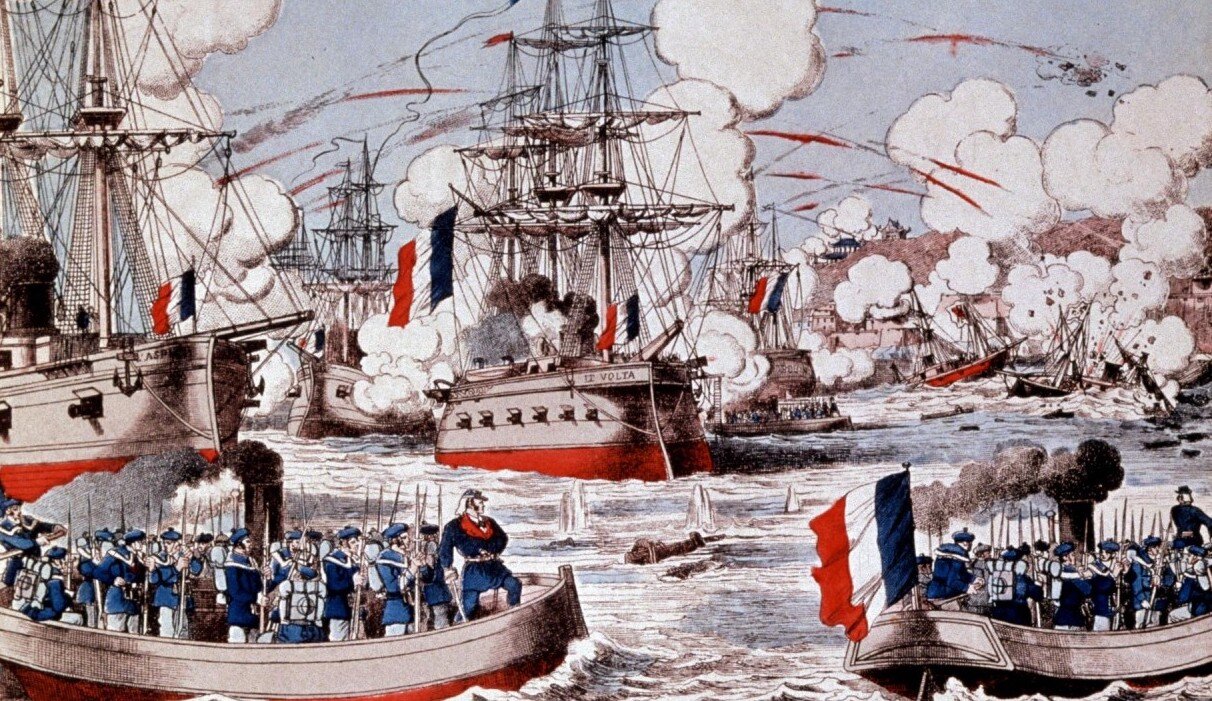


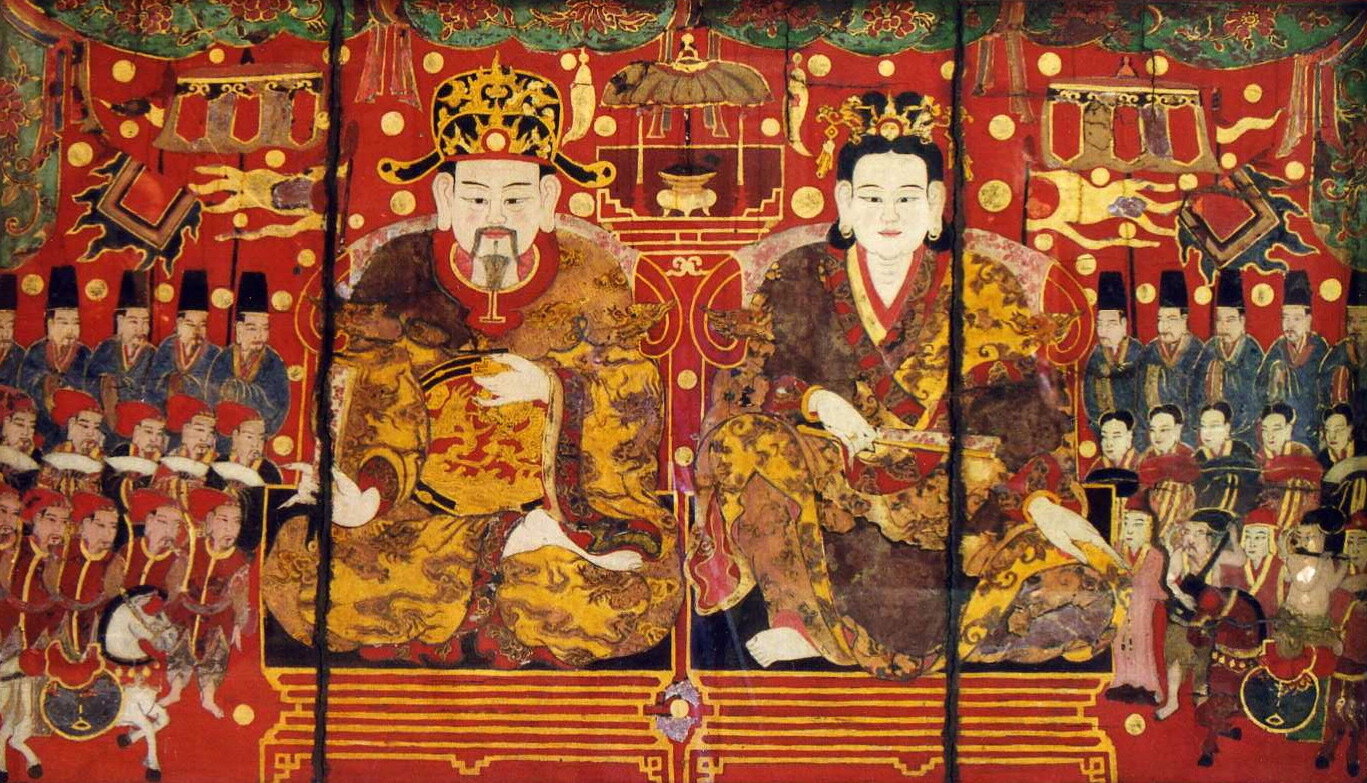
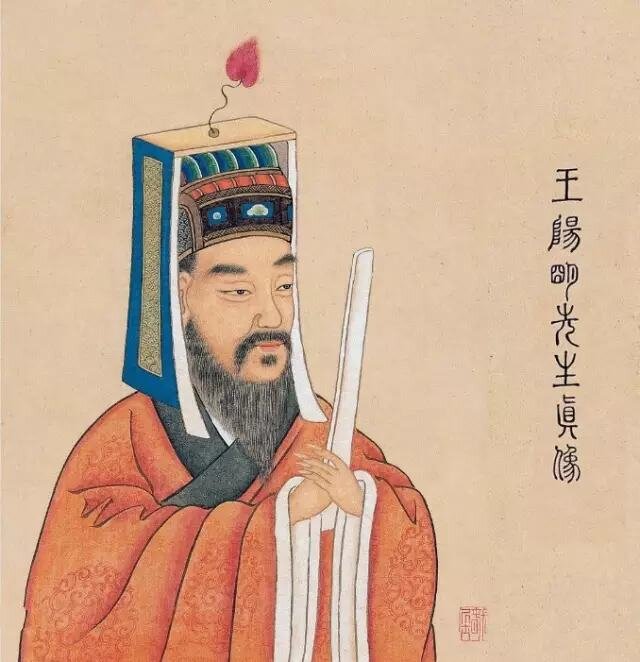
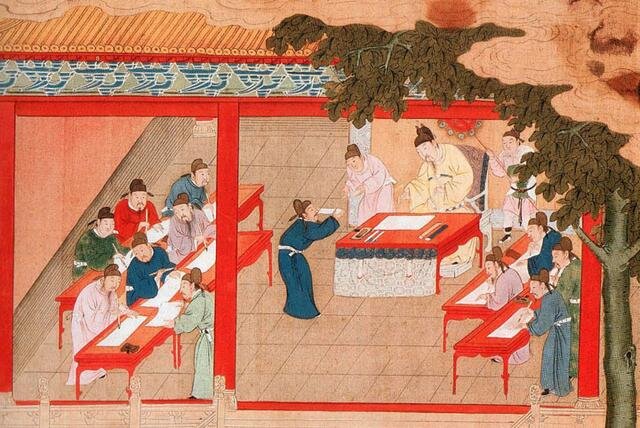

From Dorgon to Daoguang things were pretty tame in the Qing. But once Empress Dowager Cixi grabs hold of the reigns of power, she allows her eunuchs, most notably An Dehai and Li Lianying, to do their worst.